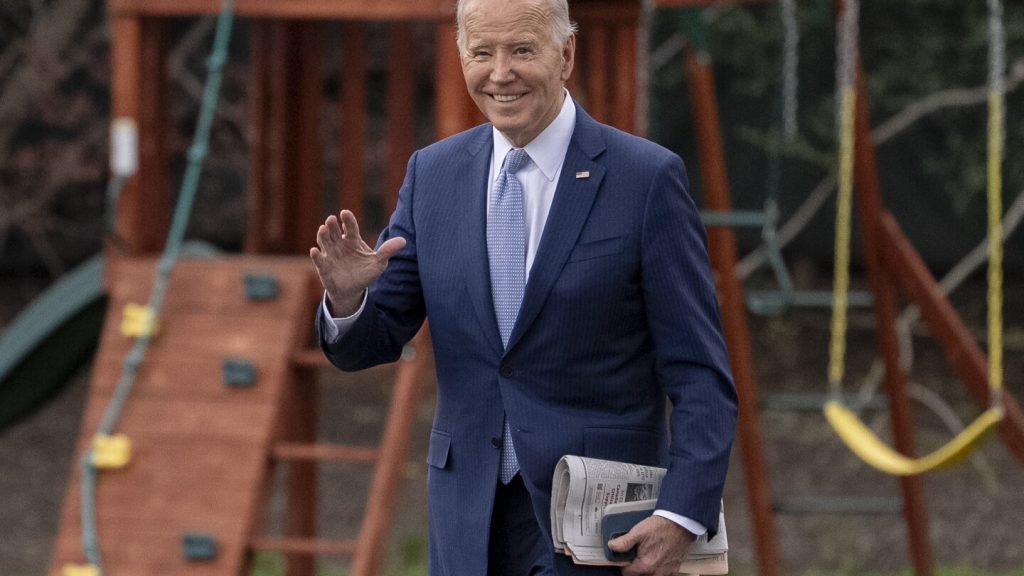WASHINGTON D.C. – President Joe Biden has signed a $1.2 trillion spending bill after Congress passed the legislation, averting a partial government shutdown. The President emphasized that the agreement represents a compromise where both sides did not get everything they wanted. The package includes funding for child care, cancer research, mental health, substance abuse care, American leadership abroad, and border security. Biden signed the bill in Wilmington, Delaware, marking the end of a six-month process to finalize government funding, which was slowed down by conservative demands for policy mandates and spending cuts.
The legislation was signed shortly after its passage in the Senate by a 74-24 vote, just after funding expired at midnight for government agencies. The White House had confidence in Congress passing the bill, leading them to cease shutdown preparations. The spending bill covers various departments, including Homeland Security, Defense, State, and general government expenses. The total discretionary spending for the budget year is estimated at $1.66 trillion, excluding programs like Social Security and Medicare, or managing the country’s debt.
The package includes $300 million in defense spending for Ukraine aid, a crucial aspect amid Russia’s invasion. Separate aid packages for Ukraine and Israel were stalled in Congress. Biden urged Congress to finalize additional aid packages for national security and border security, emphasizing the need for bipartisan cooperation to address these issues. A bipartisan border security agreement, which aimed to curb illegal border crossings, collapsed previously, but new provisions in the spending bill aim to address some of these concerns, including increased detention beds and more Border Patrol agents.
Democrats highlighted funding increases for Head Start programs, child care centers for military families, cancer research, and Alzheimer’s research in the spending bill. The legislation aligns with an agreement reached in 2023 to limit spending for two years and suspend the debt ceiling until 2025. The approval of the bill came after a late-night breakthrough in the Senate, avoiding a short-term government shutdown. The House passed the legislation narrowly, facing opposition and divisions within the Republican party over the bill’s content and timing.
Despite some Republicans expressing discontent with the bill, it ultimately passed with a vote of 286-134 in the House. Speaker of the House Mike Johnson faced criticism for moving the bill forward quickly, leading to calls for his removal by members of the party. The breakdown of the vote showed support from both Democrats and Republicans, with some dissent within each party. The passing of the spending bill signifies a bipartisan effort to fund essential government functions and priorities, ensuring the continuation of crucial programs and services for the American people.


